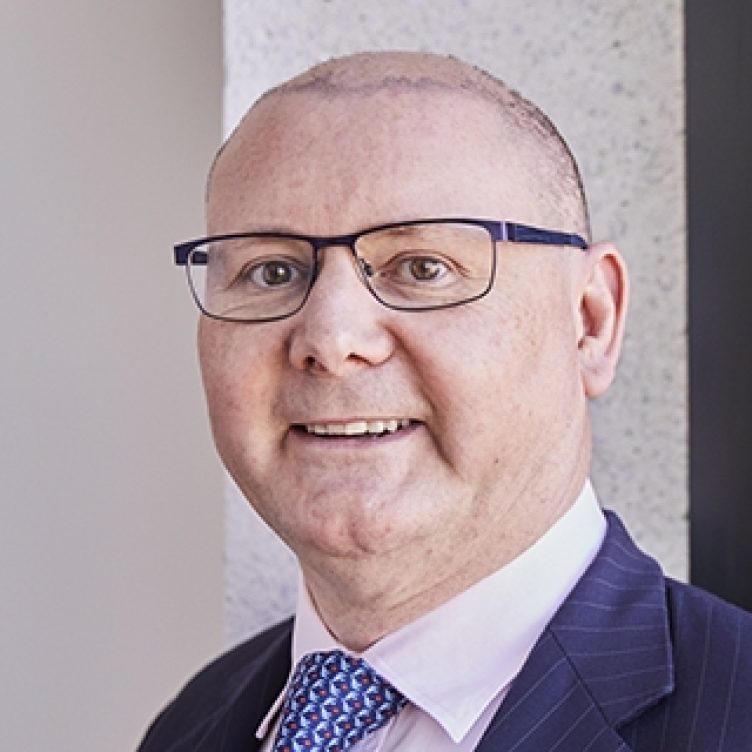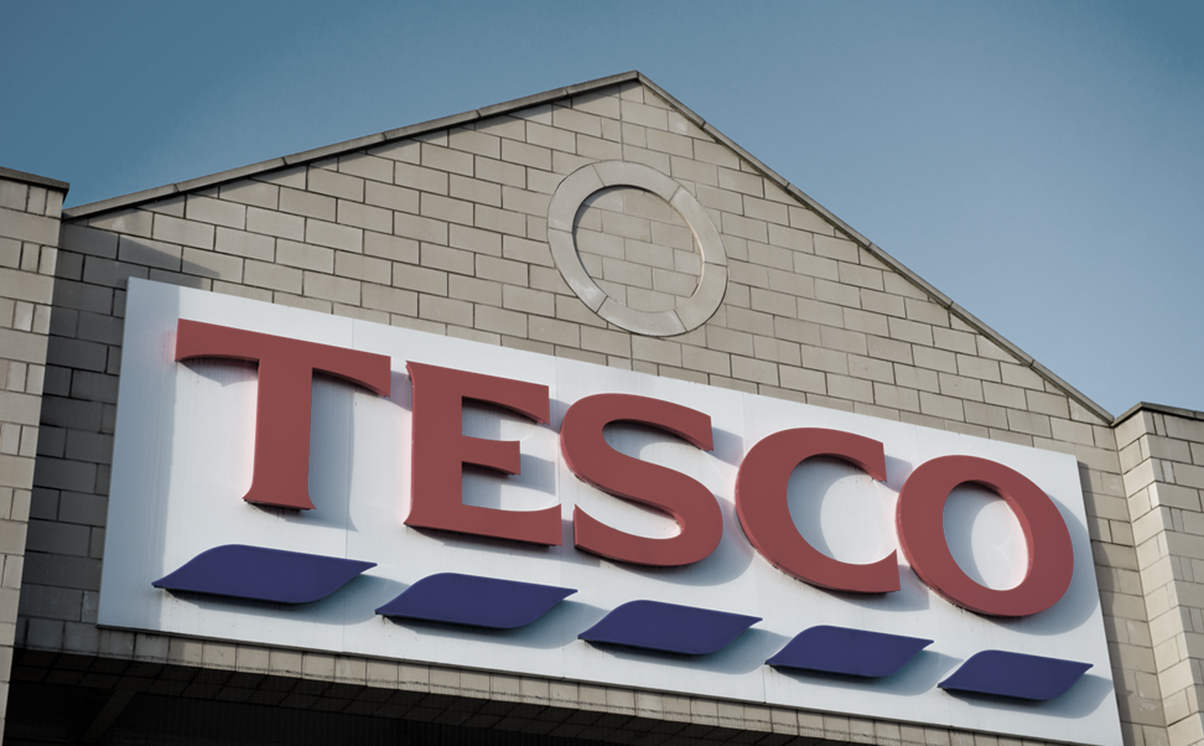We’ve asked local experts for a summary of the major securities litigation cases in their jurisdiction.
In Japan cases covered are Mitsubishi Motors and Toshiba, while in the Netherlands cases include Steinhoff and SNS Reaal. The German summary covers the fall-out from the diesel emission scandal with summaries on the Volkswagen and Daimler cases. The UK litigation review has a different flavour covering important court rulings that may have a bearing on future securities litigation cases.
International overviews
To jump to a section click on one of the four links below:
Cases summaries of cases Stewarts are investigating can be found here.
Germany securities litigation current cases overview
In Germany, there is a range of possibilities for claimants to combine their legal actions. For instance, claimants can assign their claims to one claimant who then claims for the total of all claims in their name. There is also the possibility of combining proceedings of several claimants against the same defendant(s).
While there is no US-style class action system in Germany, there is the Capital Market Investors’ Model Proceeding Act (Kapitalanlegermusterverfahrensgesetz, (“KapMuG“)), which allows shareholders to conduct model proceedings in certain situations. To find out more about the German legal procedure for securities litigation please read our article here – ‘German securities litigation legal procedure’.
The following legal proceedings are pending before German courts:
Diesel emission scandal cases
KapMuG proceedings have been initiated against Volkswagen AG and Porsche Automobil Holding SE, as well as Daimler AG.
Proceedings against Volkswagen AG and Porsche Automobil Holding SE
Shareholder claims have been filed against Volkswagen AG (“VW“), eg one on behalf of 277 investors claiming approximately €3.25bn in damages before the Regional Court (Landgericht) of Braunschweig, Germany. Another claim relates to an amount in dispute of around €679,750m.
The question at issue in all of the disputes is whether VW informed the markets in a timely manner about its fraudulent manipulation of millions of diesel engines. The background to the so called ‘dieselgate’ scandal is that the US Environment Protection Agency (“EPA“) issued a notice of violation of the Clean Air Act against VW on 18 September 2015. VW admitted to installing ‘defeat device’ software in various diesel engine cars, which reduced the nitrogen oxide emissions of diesel cars during testing. After the issue became known, the VW preferred shares temporarily lost almost half of their value and investors suffered massive losses in some cases. In total, approximately 1,540 claimants are claiming damages amounting to around €8.8bn.
The Regional Court of Braunschweig issued an order for reference on 5 August 2016, setting out the declaratory objectives of the claimant investors and VW, which shall now be decided before the Higher Regional Court of Braunschweig. To some extent, however, the actions are still pending before the Regional Courts of Braunschweig or Stuttgart, respectively, so that the amount in dispute at the Higher Regional Court amounts to around €5bn . The KapMuG proceedings, including the model claimant, were published on 8 March 2017. By the end of the registration period on 8 September 2017, 1,955 applications with claims totalling around €350m had been registered.
The legal proceedings began on 10 September 2018. The model claimant out of around 1,470 suspended legal proceedings is Deka Investment. The other claimants are additionally summoned to the model proceedings. The model defendants are VW and, since 15 June 2018, its main shareholder, Porsche Automobil Holding SE (“PSE“). Three other KapMuG proceedings against PSE before the Regional Court of Stuttgart have been suspended until the decision of the Higher Regional Court of Braunschweig, (legally binding for the Regional Court of Stuttgart), has been rendered.
Since the announcement regarding VW was made on 8 March 2017 and the announcement regarding PSE was made on 15 June 2018, the deadlines for registering claims against the two model defendants have now expired.
Daimler AG
The KapMuG request is based on a claim for damages against Daimler for providing wrong public capital market information and for omitting to provide appropriate public capital market information. In orders dated 23 May 2018 and 3 August 2018, the Federal Motor Transport Authority (Kraftfahrtbundesamt) ordered an official recall with regard to diesel vehicles produced by Daimler (Vito, GLC 220d and C 220d models), as these had been provided with inadmissible switch-off devices. The applicant, who had previously acquired shares of the defendant, claims that the defendant should have published its decision to install inadmissible switch-off devices prior to the date of the acquisition of the shares, inter alia, as insider information. Because of the violation of its duty to provide such information, Daimler shall be obliged to compensate the applicant for the loss suffered as a result of the price difference.
The claimant requested to initiate KapMuG proceedings on 22 June 2018 before the Regional Court of Stuttgart. The court decided to publish the model procedural request in the Register of Claims of the Electronic Federal Gazette on 20 December 2018 and the publication itself took place on 27 December 2018. The six-month period for filing at least 10 similar model procedural applications is still running. If the applications are filed in due time and an order for reference is rendered, the Higher Regional Court of Stuttgart will have to examine and announce both the continuation of the model proceedings as well as the model claimant. In case of continuation of the model proceedings, the model defendant is expected to be Daimler AG.
SCI Fourth IFF closed-end real estate funds for France
It is in dispute whether the issue prospectus concerning the SCI Fourth IFF closed-end real estate funds for France published by Wölbern Konzept GmbH and Bankhaus Wölbern & Co. (AG & Co. KG) on 18 September 2006 is incorrect in essential aspects and, therefore, incomplete and misleading. In particular, it is asserted in the proceedings that the investors were incorrectly informed and advised about the risks of the investment and would not have invested in the company if the information and advice had been correct.
The claimant requested to initiate KapMuG proceedings on 20 June 2016 before the Regional Court of Hamburg. The initially competent court decided to publish the model procedural request in the Register of Claims on 18 October 2016. The order for reference by the Regional Court of Hamburg was made on 21 November 2016. With information of 26 July 2018, the model proceedings are continuing at the Higher Regional Court of Hamburg. The model claimant is Brit Hartmann. There are five model defendants, including Bankhaus Wölbern & Co. (AG & Co. KG).
Since the announcement was made in July 2018 at the latest, the deadline for registering claims against the model defendants has now expired.
This contribution is written by Dr. Thomas Hauss (Partner) and Dr. Thiemo Schäfer (Associate) at McDermott Will & Emery Rechtsanwälte Steuerberater LLP.
Japan securities litigation current cases overview
Japanese securities litigation cases are generally brought under either Article 21-2 of the Financial Instruments and Exchange Act and/or Articles 709 and 715 of the Japanese Civil Code.
Below is a summary of some ongoing securities litigation cases in Japan:
Toshiba Corporation
On 20 July 2015, an independent investigative panel released a report describing an accounting scandal linked to approximately $1.2bn in overstated profits. The accounting misconduct began under CEO Atsutoshi Nishida in 2008 amid the global financial crisis that impacted Toshiba’s profitability. It continued under the next CEO, Norio Sasaki, and eventually ended in scandal under CEO Hisao Tanaka, who resigned the day after the report.
The report described that Toshiba’s corporate leadership handed down profit targets, known as “challenges”, to business unit presidents, often with the implication that failure would not be accepted. In some cases, quarterly challenges were handed down near the end of the quarter, when there was no time left to materially affect unit performance. It soon became clear within individual business units that the only way to achieve these challenges was to manipulate the accounting. The investigative panel concluded that Toshiba’s corporate culture, which demanded obedience to superiors, was an important factor enabling the accounting scandal.
On 7 December 2015, Japan’s Financial Services Agency (FSA) recommended a fine of ¥7.37bn ($60m) for Toshiba’s accounting-related violations, a record in Japan.
The first complaint was filed on 22 June 2016, for a group of 45 institutional investors totalling nearly $150m in damages. A second complaint was filed on 3 April 2017, claiming approximately $400m on behalf of 70 international and Japanese institutional investors. On 13 June 2017, the court consolidated both actions and these are now proceeding concurrently. The claims have been made under Article 21-2 of The Financial Instruments and Exchange Acts and Articles 709 and 715 of the Japanese Civil code.
Mitsubishi Motors Corporation
On 20 April 2016, Mitsubishi Motors Corporation (Mitsubishi) admitted manipulating test data to make its cars seem more fuel efficient than they were. On the news of this scandal, Mitsubishi’s share price dropped 15%, closing that day at ¥733 ($6.74) per share. This represented a market cap loss of approximately $1.2bn. Further news emerged on 21 and 22 April 2016, with the stock price dropping to ¥504 ($4.53) per share by the close of business on 22 April 2016. This represented a total market cap loss of approximately $3.0bn since the initial disclosure of 20 April 2016.
On 26 April 2016, Mitsubishi made the disclosure that its emission testing fraud extended back 25 years, to 1991. On 9 May, it was revealed that Mitsubishi had been using the improper testing methods on all models of its cars. In the aftermath of the news of the scandal, the shareholders had lost more than 50% of the value of their investment with its market capitalisation declining by ¥435bn ($4.1bn). An initial complaint against Mitsubishi was filed on 26 June 2017, alleging over ¥18bn ($160m) on behalf of 120 institutional investors.
The main claim is based on Articles 709 and 715 of the Japanese Civil Code, while the secondary claim is based on Article 21-2(1) of The Financial Instrument Exchange Act.
The Netherlands securities litigation current cases overview
The Dutch legal system offers a number of mechanisms that allow shareholders to combine their legal claims. The most widely used mechanism is the assignment model, which is an opt-in system, but Dutch law also provides for an opt-out class action mechanism. Until recently, there was a prohibition on the use of the opt-out mechanism for claims for monetary relief. However, on 19 March 2019, the Dutch Senate adopted the bill on redress of mass damages in a collective action. This new legislation will come into force on a date to be announced, expected to be 1 July 2019.
The new law will enable collective actions for damages on an opt-out basis for Dutch investors while narrowing the scope for collective actions on territorial grounds by requiring that the legal claim has a sufficiently close relationship with the Netherlands. The new law will apply to collective actions brought on or after the date of its entry into force for events that took place on or after 15 November 2016. The current regime will continue to apply to actions that were brought before the new law comes into force and actions that relate to events that took place before 15 November 2016.
In the Netherlands, as far as known, the following large securities litigations are ongoing:
Steinhoff
Steinhoff is the top holding company of the Steinhoff group, which is a global retailer. Steinhoff is incorporated under Dutch law and listed on both the Frankfurt Stock Exchange (FSE) (primary listing) and the Johannesburg Stock Exchange (JSE) (secondary listing).
On 13 December 2017, Steinhoff announced that its 2016 accounts would need to be restated. On 2 January 2018, Steinhoff confirmed that the 2015 and 2016 accounts of its predecessor entity, Steinhoff International Holdings Limited, would also need to be restated and that “the restatement of the financial statements of Steinhoff International Holdings Limited for years prior to 2015 is likely to be required”.
Following the announcement, on the 5 December 2017 the share price of Steinhoff plummeted by more than 80%.
Legal proceedings have been commenced in South Africa, Germany and the Netherlands. In the Netherlands, BarentsKrans, is one of a number of firms, that have commenced legal proceedings and more information can be found here.
Expropriation in 2013 of SNS Reaal/SNS Bank
On 16 April 2019, the Enterprise Section of the Amsterdam Court of Appeal ordered a further investigation by experts into the actual value of the expropriated securities and assets of SNS Reaal and SNS Bank as of 1 February 2013. Experts must submit new results before 1 July. A new ruling is not expected until the end of 2019.
Shareholders and holders of subordinated bonds issued by SNS Reaal and SNS Bank lost all of their holdings when the Dutch government decided to place the failing financial institution under public ownership in February 2013. Even though the prevailing banking laws in the Netherlands requires full compensation in case of expropriation of these assets, the government offered subordinated bondholders zero compensation.
A request of the Dutch minister of finance to value the expropriated assets at zero has been heavily disputed since February 2013. In April 2018, an expert report commissioned by the Enterprise Chamber of the Court of Amsterdam found that two other scenarios may have been viable for SNS instead of a nationalisation: (i) the bankruptcy and liquidation of the group, or (ii) the sale of its holding company to the private equity firm CVC Capital Partners.
The expert report found that certain subordinated bondholders would have been better off in both of these alternative scenarios than in the nationalisation process that took place. The conclusion of the expert was then supported by a lawyer representing the Dutch Ministry of Finance in a session of the Enterprise Chamber on November 30, confirming that the state did owe SNS’s investors at least some compensation. In an additional expert report, only a few last topics are to be addressed. Investors are hopeful the Enterprise Chamber will then determine what full compensation is.
Volkswagen
Legal proceedings have been commenced in Germany and Netherlands by both shareholders and bondholders with regards to the decline in value of securities issued by Volkswagen following the revelation on 18 September 2015 by US regulators that Volkswagen had admitted to systematically defrauding and misleading the public for years by deliberately cheating US emissions tests and making its diesel vehicles appear cleaner and more powerful than they actually are.
Specifically, Volkswagen secretly installed illegal ‘defeat devices’ on several of its cars that would activate only during testing. This made it appear as though its diesel cars’ emissions met regulatory requirements and were compliant with the US Clean Air Act and other environmental laws and standards. But when Volkswagen’s cars were not being tested (ie, in all normal driving situations) the cars’ pollution controls would automatically shut down resulting in the cars’ emitting nitrogen oxides and other toxins far in excess of the legal limits. Millions of Volkswagen cars globally have been impacted by this scandal, leading to the firing of its CEO and the suspensions of several high-level executives and engineers.
Bankruptcy of Imtech
On 13 August 2015, technical services company Royal Imtech N.V. was declared bankrupt. Following the bankruptcy – Imtech had about 22,000 employees, of which 80% were based outside its home base – the majority of the concern was sold off in pieces to interested parties.
Shareholders are taking senior officials from Royal Imtech to court, alleging that senior managers and supervisory board staff were involved in ‘corrupt trades’ and failed to disclose price sensitive information. The company had raised €1.1bn from its shareholders in June 2013 and October 2014 but went bust in 2015 after an accounting fraud and other irregularities came to light.
This contribution is written by William Schonewille, Partner at BarentsKrans, The Hague, the Netherlands.












